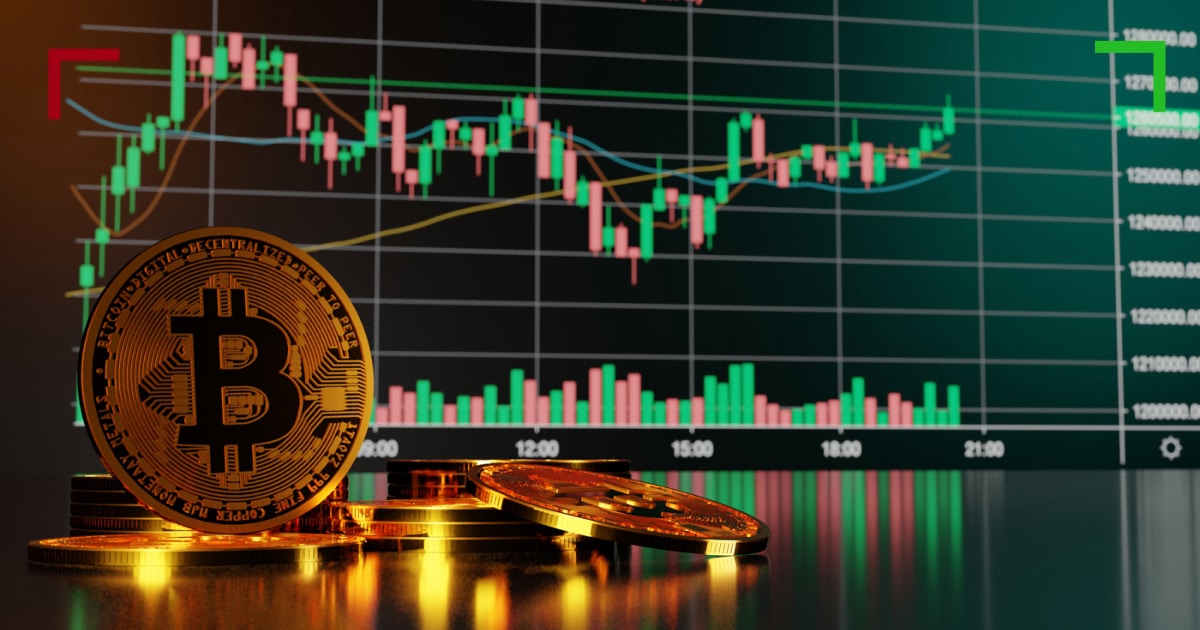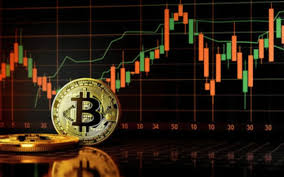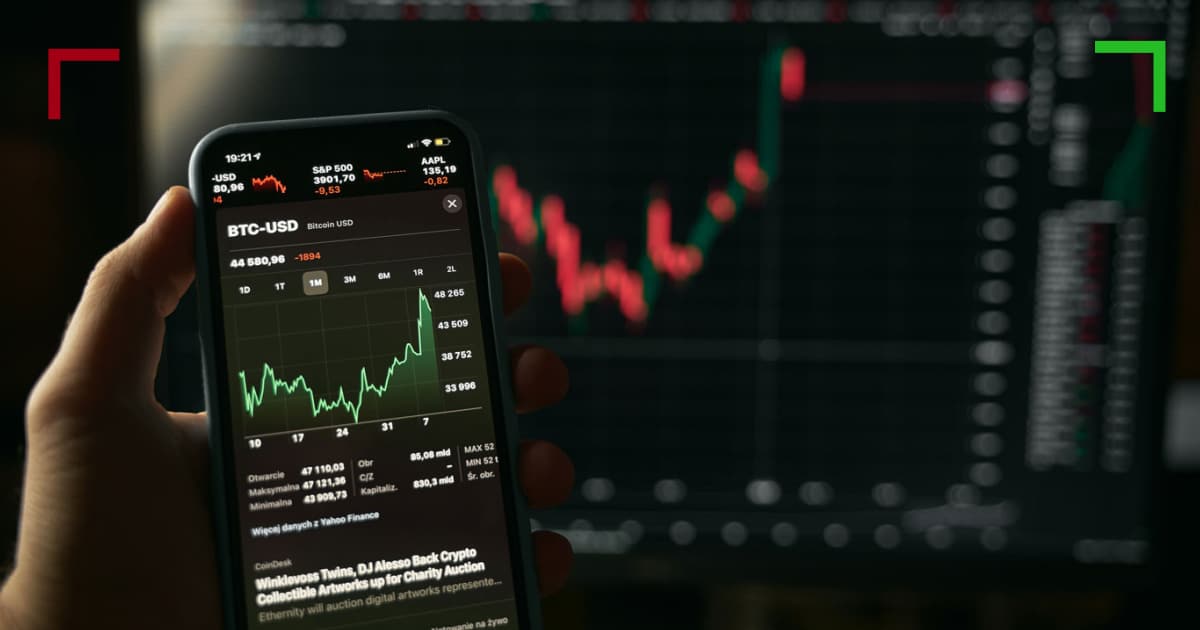
In the fast-paced world of cryptocurrency trading, the importance of automation cannot be overstated. As traders seek to maximize their profits while minimizing risks, many are turning to advanced technologies to streamline their trading strategies. In this article, we will explore the intricacies of Crypto Trading Automation, its benefits, challenges, and future prospects. For more information on trading tools and systems, Crypto Trading Automation visit website.
Automation in trading is not a new concept, but its application in cryptocurrencies has garnered significant attention in recent years. With the volatility of the crypto market, trading bots and algorithms have emerged as essential tools for traders looking to navigate the unpredictable landscape. These technologies enable traders to execute trades with speed and precision, capitalizing on market movements that would be impossible to track manually.
The Basics of Crypto Trading Automation
At its core, crypto trading automation involves the use of software applications to automatically execute buy and sell orders on behalf of traders. These applications can be programmed to follow specific strategies or adapt to changing market conditions in real time. One of the most common tools in this realm is the trading bot, which operates based on predefined algorithms and market signals.
Key Components of Trading Automation
To understand crypto trading automation, it is essential to delve into its key components: trading bots, algorithms, and data feeds.
- Trading Bots: Software programs that automatically buy and sell cryptocurrencies based on predetermined conditions. Bots can operate 24/7, providing traders with the ability to enter and exit trades even when they are not actively monitoring the market.
- Algorithms: These are mathematical formulas designed to process market data and generate trading signals. Algorithms can be simple, following basic technical indicators, or complex, utilizing machine learning to adapt to market trends.
- Data Feeds: Real-time market data is crucial for automated trading. Data feeds provide the necessary information about price movements, trading volumes, and market depth, enabling trading systems to make informed decisions.

Benefits of Crypto Trading Automation
The adoption of automated trading systems offers several advantages to traders, including:
- Increased Efficiency: Automated trading systems can execute trades significantly faster than human traders, allowing for the detection of opportunities and execution of trades at optimal prices.
- Emotion-Free Trading: Automation removes emotional biases from trading decisions. Traders are less likely to make impulsive, irrational choices when relying on predetermined algorithms.
- Backtesting Capabilities: Traders can test their automated strategies using historical data, allowing them to evaluate the potential effectiveness of their trading models before deploying them in live markets.
- 24/7 Trading: Unlike traditional stock markets, cryptocurrency markets operate around the clock. Automation allows traders to take advantage of price movements outside of regular trading hours.

Challenges in Crypto Trading Automation
While the benefits are significant, traders should also be aware of the challenges that come with automation:
- Market Volatility: The extreme volatility of cryptocurrency markets can pose risks for automated trading systems. Sudden price spikes can lead to unanticipated losses if algorithms are not designed to react appropriately.
- Technical Failures: Automated systems can experience technical issues, such as server outages and coding errors, which can disrupt trading activities and result in financial losses.
- Over-Optimization: Traders may be tempted to over-optimize their algorithms based on historical data, leading to strategies that perform poorly in live market conditions.
The Future of Crypto Trading Automation
As the cryptocurrency market continues to mature, the future of trading automation appears promising. The integration of artificial intelligence and machine learning into trading systems is set to revolutionize how traders approach the market. With AI capabilities, algorithms can learn from past trades and adjust strategies dynamically, potentially offering even greater advantages to investors.
Decentralized Finance (DeFi) and Automation
Another exciting development in the realm of crypto trading automation is the rise of decentralized finance (DeFi). DeFi platforms utilize smart contracts to automate trading processes without relying on traditional financial intermediaries. This movement has the potential to democratize trading access, enabling more individuals to participate in automated trading.
Regulatory Considerations
As trading automation gains traction, regulatory bodies are beginning to scrutinize automated trading practices. It is crucial for traders to stay informed about regulations in their jurisdictions to ensure compliance and avoid potential legal issues. As the regulatory landscape evolves, the focus may shift toward creating standards for automated trading systems to protect investors and ensure market integrity.
Conclusion
In conclusion, crypto trading automation represents a significant advancement in the world of digital asset trading. By leveraging trading bots, algorithms, and real-time data feeds, traders can efficiently navigate the complexities of the crypto market. While challenges exist, the potential benefits outweigh the risks for many traders. As technology continues to evolve, the integration of AI and DeFi will likely shape the future of automated trading, making it an exciting space to watch in the coming years.
As we explore the boundaries of trading technology, it is essential for traders to remain vigilant, keep learning, and adapt their strategies to both the opportunities and challenges that automation brings. With the right approach, automated trading can serve as a powerful ally in the quest for financial success in the rapidly changing world of cryptocurrency.
